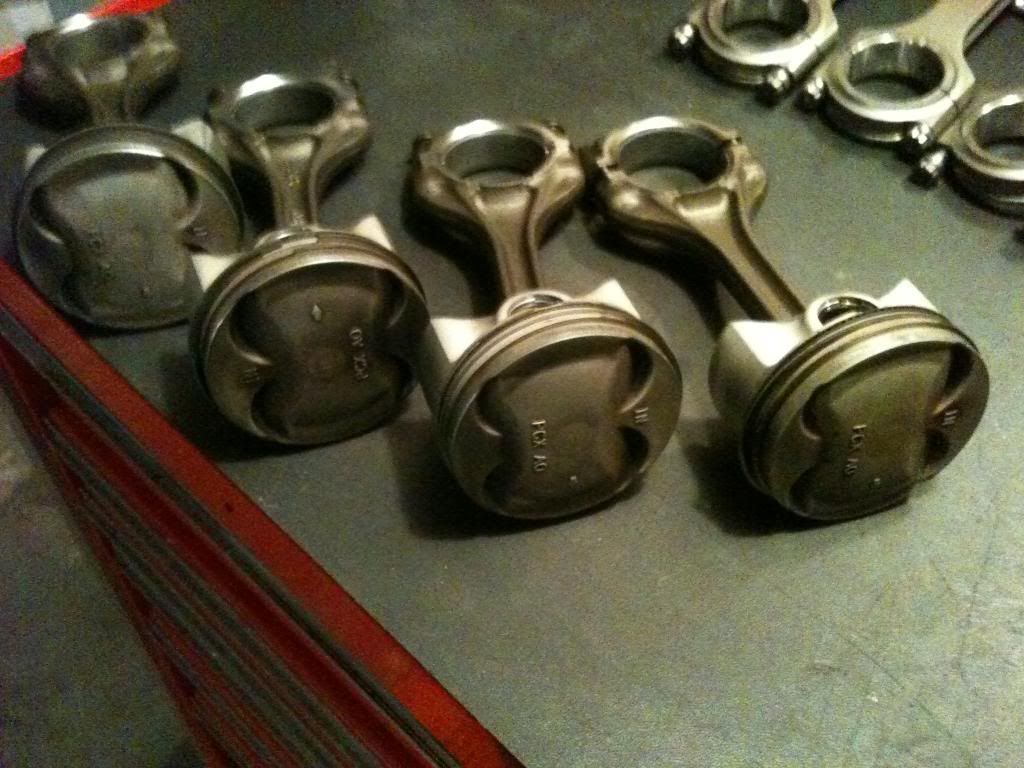Originally Posted By: turtlevette
Originally Posted By: MolaKule
Keeping the water temperature from spiking moderates oil temperature, keeping the oil film from thinning.
I'm going to disagree with that. There is not a hard correlation between water and oil temps. The water temp is based on heat sinking from the block. The oil temp is based on heat sinking oil from bearings, rings, and the bottom of the piston which rivals the hottest temperature anywhere in the engine.
I witnessed my 455 olds jet boat running 300deg oil temps at 6000 rpm when the block was dead cold to the touch. I simply turned up the cooling water from the jet till the block was ice cold thinking that would keep the oil cool. It didn't.
The radiator was too big !!!
Originally Posted By: MolaKule
Keeping the water temperature from spiking moderates oil temperature, keeping the oil film from thinning.
I'm going to disagree with that. There is not a hard correlation between water and oil temps. The water temp is based on heat sinking from the block. The oil temp is based on heat sinking oil from bearings, rings, and the bottom of the piston which rivals the hottest temperature anywhere in the engine.
I witnessed my 455 olds jet boat running 300deg oil temps at 6000 rpm when the block was dead cold to the touch. I simply turned up the cooling water from the jet till the block was ice cold thinking that would keep the oil cool. It didn't.
The radiator was too big !!!




